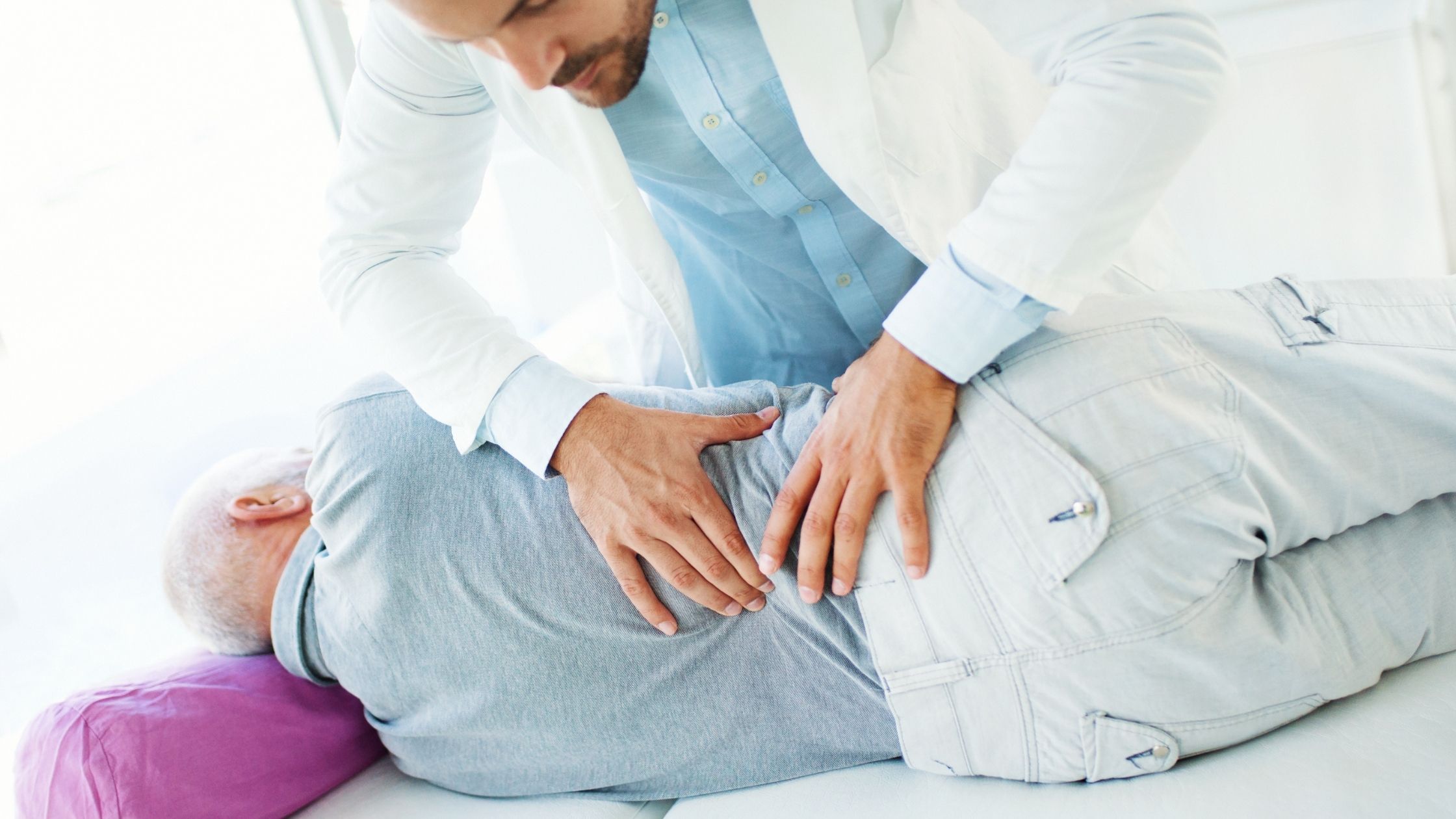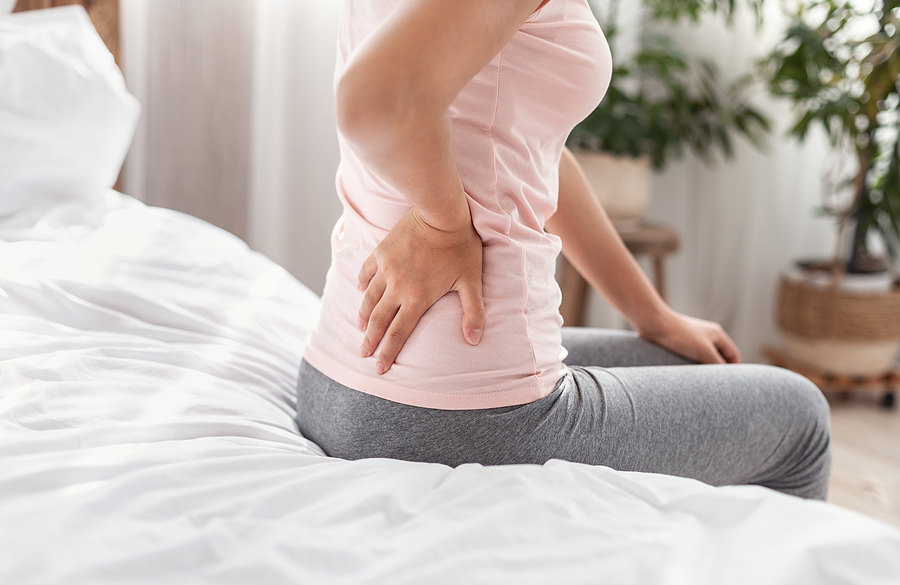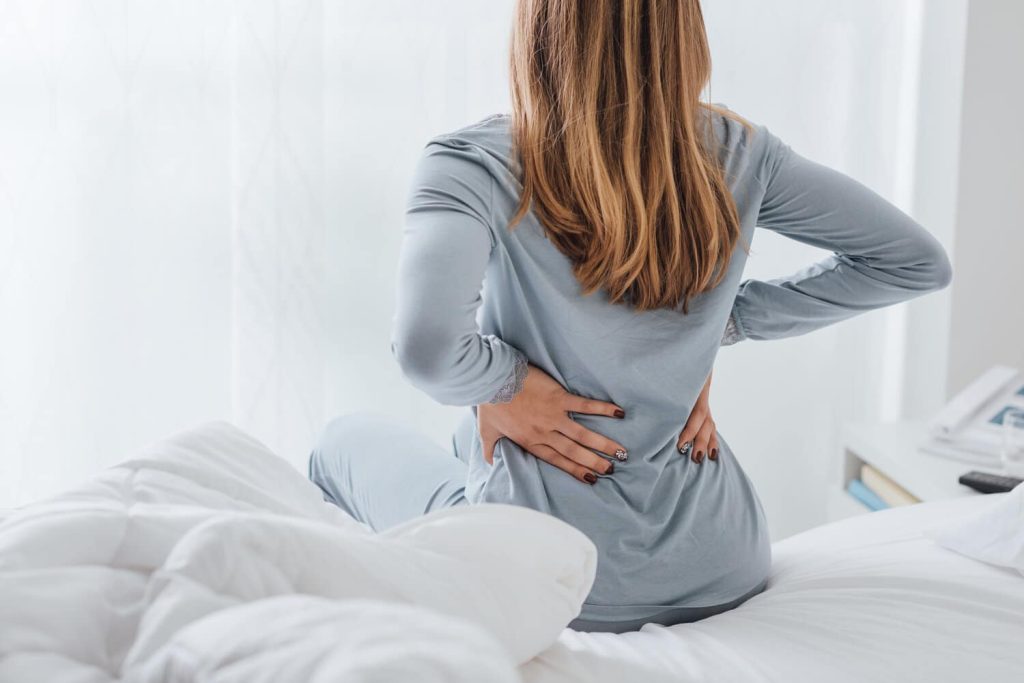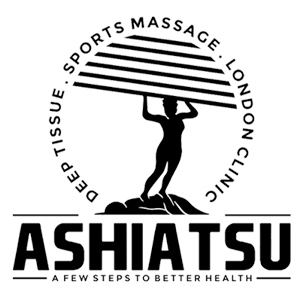Back discomfort is a typical US complaint. It affects about 31 million people at any given time. Because the back contains so many parts, it’s hard to pinpoint the pain. Usually, it’s the back muscles.
How does someone know if muscles cause back pain? Most muscle sprains are caused by overuse, which means pain is usually worse when walking, standing, or moving. You might feel stiff or sore, and your back might hurt. You wouldn’t feel better until you got some rest. After a few days of rest, muscle pain will go away. Get a low-cost massage from Back Massage London to get quick results.
Different things can cause back pain:
Facet joints, spinal nerves, and large muscles are some of the many parts of your back that overlap and work together. When one of these parts isn’t working right, the body sends a warning signal of back pain. There are three types of back pain: pain caused by nerves, pain caused by bones and cartilage, and pain caused by muscles and ligaments.
Pain in the nerves:
Pain from a nerve problem is sometimes called “shooting” or “radiating” because it “shoots” away from the spinal cord and “radiates” along the nerve pathways. If your pain spreads to your arms, forearms, and hands, it could be because of a problem with your cervical spine. If your legs hurt, you may have lumbar spine issues.
Most of the time, neuropathic pain is caused by a herniated disc. If the discs that cover your vertebrae get hurt, your nerve roots may feel pressure and send pain signals. Long-lasting nerve pain usually goes away after a few weeks, but surgery may be required.

Pain in the Joints or the Bones:
Bone pain is a person’s least common type of pain, and many different things can cause it. Bone spurs can block the spinal canal and irritate nerves, causing back pain. Osteoarthritis and spondylosis are conditions where the cartilage that separates the bones breaks down. These conditions can cause back pain because they affect the bones.
Back pain can also be caused by cancer, a bone infection, or a broken bone from osteoporosis. Pain that doesn’t go away is the most common sign of bone pain, which can be caused by many things and last for more than 12 weeks. If the pain is persistent and of this nature, you need to get a qualified medical professional. They may suggest X-rays, MRI or CT scans, bone scans, or EMG tests to find out what’s wrong.
Pain in the muscles and tendons:
Muscle strains are painful injuries or irritations of the muscles and the tendons that link them to the bone. You could get a sprain or something similar to ligament damage. The connective tissue between bones is made up of connective tissue called ligaments.
A sudden, awkward action, like a hard fall, could hurt your muscles or ligaments, even if it isn’t likely. A single traumatic event rarely causes muscle or ligament pain. Non-specific muscle strains are often caused by too much physical work or regular physical stress, like lifting, twisting, or stretching the lower back.
Many athletes have back pain because they use their muscles and ligaments too much. In the same way, you may feel pain and stiffness after doing yard work for a long time or poorly lifting a heavy object.
Some signs of muscle tightness in the back are:
Back discomfort can be caused by muscles or the spine. Telling your doctor about your suffering may help them help you.
Most of the time, back muscle tightness goes away in a few hours to a few days. Back pain is also not likely to cause long-term problems, but you should be careful if it lasts longer than two weeks or gets in the way of your daily life. Here are the most common signs of strained back muscles:
A long-term discontent with movement:
When you strain your muscles, they get stiff or hurt. In contrast to an inflamed nerve root, a pulled muscle does not feel hot, tingly, or electric. The pain will only go away when you stop being tense and quiet and let go of the spasms. The pain would likely come back when you stood up to move again.
Moving makes the pain worse:
Back strain often makes the pain worse by making muscles tense up when you do certain things. You should expect the pain to worsen when you move, bend forward, or get up from sitting. You may find it hard to stand or walk for long periods, and your movements may be limited because your muscles are stiff.
Pain, sensitivity, and swelling all happen in one place:
For example, most of the muscle pain you have in your back would be felt in your lower back. It could go to your hips or buttocks but not your calves and feet. A pulled muscle may be painful to touch, swollen, and inflamed for a few days. To find solutions, consult a trained massage therapist from Back Massage London.

How do you treat muscle back pain?
If you think your muscles are causing back pain, try these tips:
- With your knees slightly raised, lie back on something that will support you.
- Use an ice pack to help reduce muscle bruising and pain in the back.
- Rest often, and don’t make your body do more work than it needs to.
- A physical therapist can help you deal with pain by giving you stretches and exercises.
- Keep your back straight when you stand or sit to avoid pain.
If you need more information about Back Massage London, Please kindly contact us.
Top Place for London Massage:
Deep Tissue Massage London – Ashiatsu massage
+44 7784 609599
Ashiatsumassagelondon


